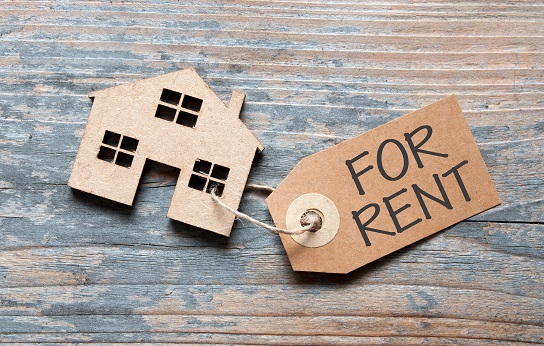
Whether you’ve moved to a new city for work or University, if you’re shifting from one location to another because your workplace has changed or whether you’re just moving from a smaller place to a bigger one, renting is always a good idea. However, renting involves playing a hefty deposit and having a fixed monthly expense – both of which aren’t ideal for people who live on a fixed income. To make your move smoother and financially easier, make these 5 smart financial moves before renting a property!
Start working on your credit score
Letting agents will run a credit check before letting out their property to a potential tenant. If your credit score is not very good, there is a chance the landlord could refuse to rent out the property to you. To ensure that your credit score is on the higher side, pay all your bills on time and make sure you have no outstanding debt. Start working on your credit score at least 8 to 10 months before you start looking at rentals. The sooner, the better.
Consider no deposit guarantees
No deposit guarantees which allow you to rent a property without paying a huge deposit. Companies like Zero Deposit™ ensure that you only pay one week’s rent in replacement for a traditional deposit – this means you have so much more money freed up to pay for other things! No deposit rentals is a new initiative that is taking the UK lettings market by storm. The best thing about no deposit renting with a Zero Deposit Guarantee is that any disputes will be handled by TDS which will ensure a fair and just outcome.
Get contents insurance
A contents insurance provides protection for your possessions. Even if you think that the items in your home aren’t valuable enough for insurance, it is never a bad idea to get one. Contents insurance will protect your valuables in case of fire, loss or theft. In the long run, this can save you some money in case of any unforeseen events.

Start saving up
Open a separate bank account for a rainy day! Why not start accumulating whatever your budget allows you to spare? That way, if or you need to pay rent upfront, you can always withdraw a little bit of money from your savings account. You should start saving up as early as possible because you never know when you might need it. You need to be prepared for rental payments, deposits and agent fees. If you’ve kept some money aside, you won’t be burning a hole in your pockets or living on a tight budget!
Account for all your living expenses
You may feel that you have more than enough money for your day to day expenses after paying rent. But, you need to account for all your living expenses – that includes food, water bills, electricity bills, wifi, internet, and TV costs and other miscellaneous costs. Based on these living expenses (which will be pretty consistent every month), you should decide your budget. Let’s not forget about pet fees, parking costs, and other administrative costs! These costs will give you a fair idea of the range of rental properties you can consider. Then, find an apartment or house which is slightly below your original budget. This way, the cost of the living expenses clubbed with the rent will work out to your original budget.